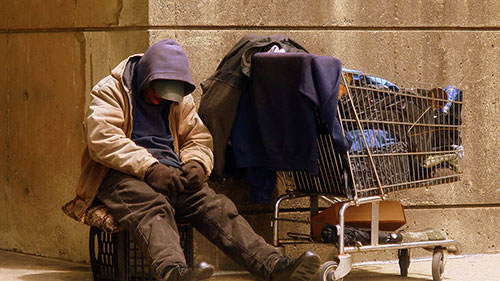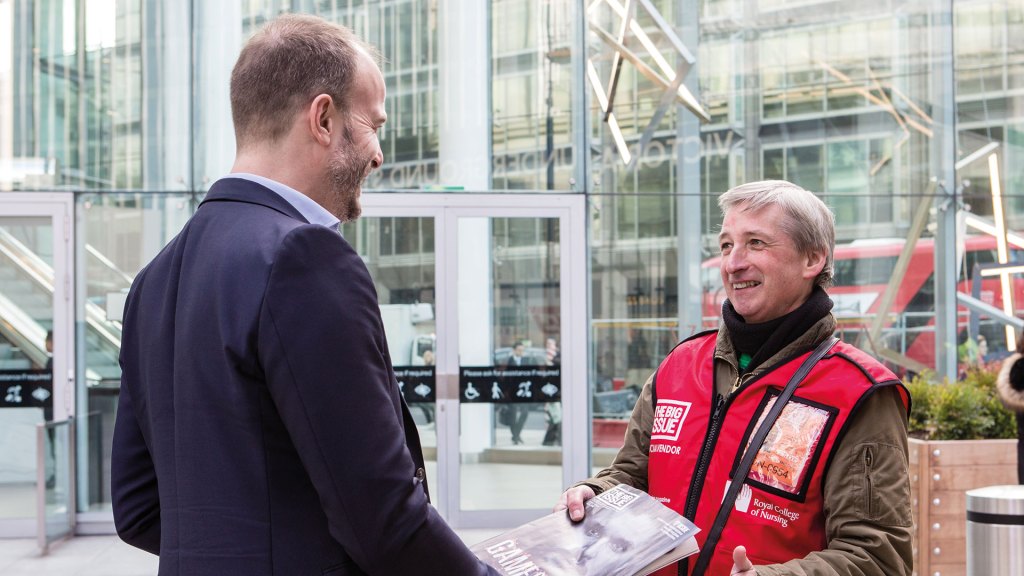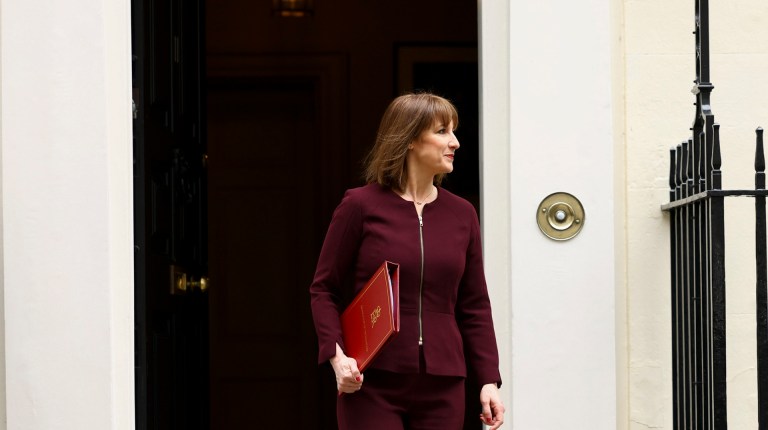Most of the so-called “solutions” to the state of poverty do little more than provide a sticking plaster that will suppress one or more symptoms for a day or two, but permit, sometimes even encourage, the malady to re-emerge, often astonishingly quickly, and sometimes even in a more virulent form.
The pathology of poverty seems to have quite a lot in common with that of many illnesses, and simply covering up an illness for a period of time has little to do with providing an actual cure.
The same is true of many aspects of the poverty industry and its sidekick, the homelessness industry, which seems to have more to do with creating warm, fuzzy feelings in the hearts of the many donors – governmental, institutional, and private – than providing real help where it’s actually needed.
I can see lots of well-intended compassion, but where’s the respect?
I can see lots of well-intended compassion, but where’s the respect? People who are homeless are effectively, if not technically, devoid of rights, except it seems the right to be treated patronisingly as second-class citizens – even if their problems are not of their own making.
Perhaps the lucky among them will be granted a bed in a shared hostel dormitory of doubtful safety, have sandwiches (often of a type they would not normally choose to eat) stuffed down their throats and be given a cup of vaguely coffee-flavoured hot water and a pat on the head to send them on their way to fight yet another day.
-
As part of The Big Issue Platform, we are inviting people from all strands of society to tell us what can be done about homelessness. Get in touch @BigIssue
The above scenario is contemporary reality. It is happening now, in this so-called civilised country. Don’t get me wrong, it certainly can help, and does have a value, if somewhat limited and fleeting, but is more suited to the world of emergency relief aid in times of natural disaster than dealing with a long-term virulent epidemic of gargantuan proportions.












